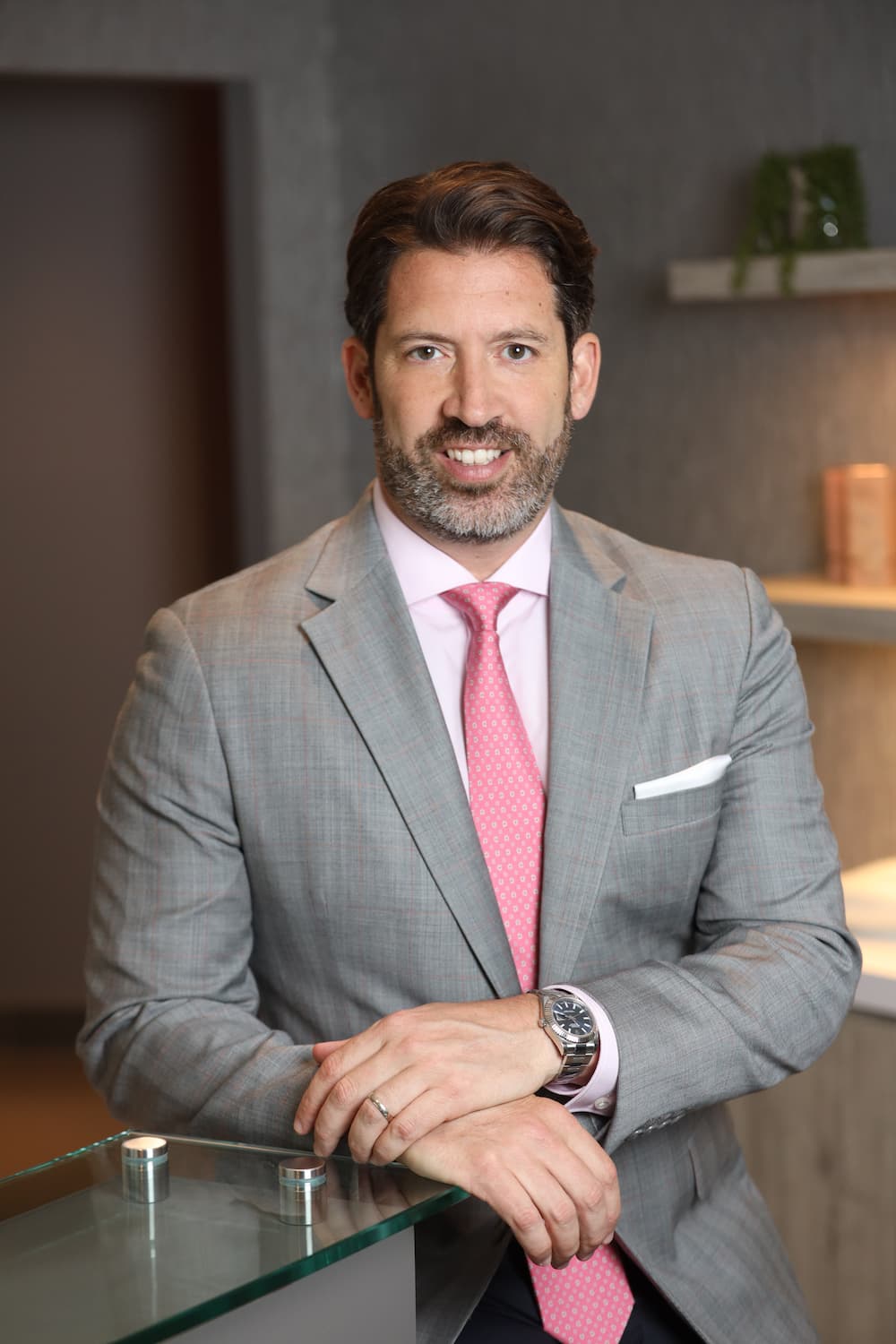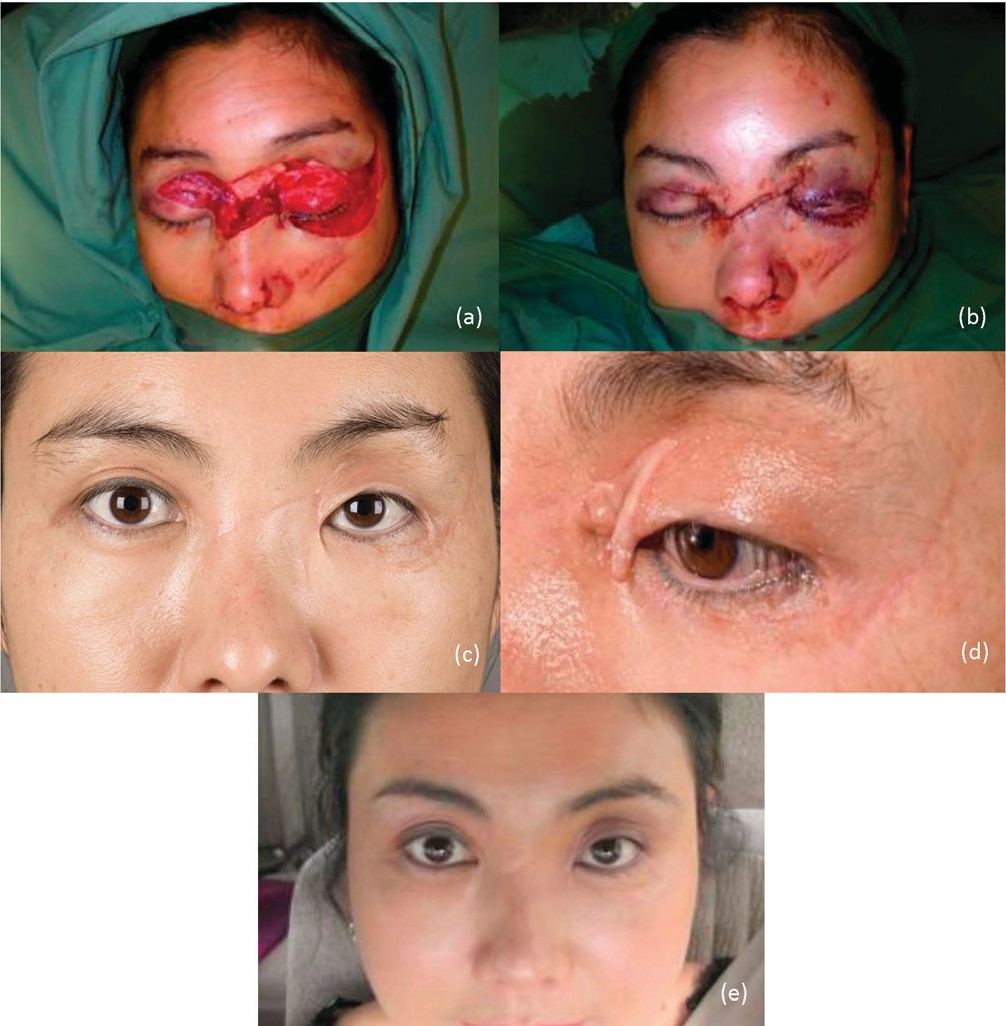The Impact of Self-Image on Decision-Making: Reasons Why Many People Seek Aesthetic Surgery for Physical Transformation
The interplay between self-image and decision-making is a complicated sensation, especially apparent in the increasing fad of people choosing for cosmetic surgical treatment as a way of physical makeover. Encouraged by a wish to meet individual ideals and social assumptions, lots of individuals face problems of self-esteem that can significantly affect their choices. As outside pressures from social media sites and cultural standards increase sensations of insufficiency, a critical question arises: what are the underlying emotional factors that drive this quest of transformed looks, and what implications do these decisions hold for individual identification and health?
Understanding Self-Image
Self-image refers to the psychological image and assumption an individual holds regarding themselves, incorporating facets such as physical appearance, characteristic, and total self-regard - mommy makeover rancho cucamonga. This internal representation dramatically affects exactly how individuals connect with the world and can be a driving pressure behind various life choices, including the decision to go through plastic surgery
A favorable self-image often correlates with greater self-worth and a feeling of self-confidence, cultivating an aggressive strategy to life. Alternatively, an adverse self-image might result in sensations of insufficiency and frustration, motivating people to seek exterior options to regarded flaws. This quest for improvement can show up in the need for physical makeover with cosmetic procedures.
Moreover, social criteria and cultural influences play a crucial function in shaping self-image. The prevalent nature of media and peer contrasts can enhance sensations of instability, inspiring individuals to modify their appearance in pursuit of approval or approval. Understanding these characteristics is crucial in understanding the motivations behind cosmetic surgical procedure. Inevitably, self-image is a complicated construct that intertwines with psychological health, societal assumptions, and individual ambitions, making it an essential variable in the decision-making procedure concerning aesthetic enhancements.
Emotional Elements at Play
Countless mental elements affect an individual's decision to pursue plastic surgery, often rooted in deeper cognitive and emotional procedures. One significant aspect is reduced self-esteem, which may emerge from negative self-perceptions or discontentment with one's look. Individuals with decreased self-regard might believe that changing their physical functions will certainly boost their overall value and approval in social contexts.
In addition, the principle of body dysmorphic disorder (BDD) plays a critical role. Individuals dealing with BDD experience a compulsive concentrate on viewed problems in their look, leading them to look for surgical intervention as a service. This compulsive wish for makeover can significantly distort their self-image, driving them to pursue procedures in spite of the capacity for negative end results.

Societal Stress and Expectations
A substantial influence on people' decisions to undergo cosmetic surgical procedure originates from societal pressures and expectations that infuse contemporary culture. In an age dominated by social media and continuous aesthetic direct exposure, idyllic criteria of charm are often showcased, creating a prevalent atmosphere where physical appearance is extremely scrutinized. Such criteria usually determine what is considered eye-catching, leading individuals to really feel forced to comply with these ideals.
In addition, the normalization of cosmetic enhancements in prominent culture additionally intensifies these stress - mommy makeover rancho cucamonga. Influencers and celebrities freely discussing check out this site their procedures can develop an understanding that such alterations are not just acceptable yet desirable. This sensation can stimulate feelings of insufficiency in individuals that may feel their natural look does not align with social benchmarks
Furthermore, the impact of colleagues can not be neglected. Individuals might experience straight or indirect pressure from friends or family members, resulting in a common recognition of plastic surgery as an acceptable methods to achieve an idealized self-image. Subsequently, these social expectations can dramatically impact personal decision-making processes, usually eclipsing inherent motivations for self-improvement and promoting a society where physical transformation is gone after as a solution for perceived drawbacks.

Instance Research Studies and Individual Stories
Lots of people have actually shared their personal trips concerning cosmetic surgical procedure, revealing an intricate interplay between self-perception and social influences. For circumstances, a 34-year-old woman defined exactly how years of sensation insufficient as a result of her nose led her to look for rhinoplasty. She reported that after the treatment, her confidence surged, permitting her to involve more openly in social circumstances and progress her profession. Yet, she recognized that her choice was heavily affected by media representations of charm.
In a similar way, a male individual in his late twenties stated his battle with body dysmorphic problem, which triggered him to seek lipo. His experience highlighted not only a desire for physical makeover however also an aspiration for approval among peers. Post-surgery, he expressed a restored feeling of self-regard, albeit with the understanding that internal validation should precede exterior changes.
These study underscore a broader trend: individuals frequently view plastic surgery as a pathway to improved self-image. However, the stories additionally disclose a critical perspective on the pressures and assumptions that form these decisions, suggesting that personal stories are deeply linked with social standards and values.
Alternatives to Aesthetic Surgery

Skincare treatments, consisting of chemical peels and microdermabrasion, can enhance skin appearance and tone, dealing with concerns like visit this website acne marks or uneven coloring. Additionally, laser treatment is an effective approach for targeting particular skin issues, such as sunlight damage or vascular sores, promoting an extra younger appearance.
For those looking for body improvement, non-invasive fat reduction techniques like CoolSculpting can aid eliminate persistent fat deposits without surgery. Physical fitness programs and nutritional therapy are likewise important devices for individuals intending to accomplish a much healthier body picture. Ultimately, these options can provide substantial results while aligning with personal convenience levels and preferences, cultivating a favorable self-image without the permanence of plastic surgery.
Conclusion
To conclude, the search of plastic surgery is frequently driven by intricate interactions between self-image, mental factors, and societal stress. Individuals often seek physical makeover in an attempt to improve self-worth and align with viewed requirements of elegance. This phenomenon underscores the requirement for better awareness of the underlying motivations and potential consequences related to such decisions. By checking out options and cultivating a much healthier self-image, people might find much more sustainable pathways to self-acceptance and wellness.
The interaction between self-image and decision-making is a complicated sensation, specifically evident in the enhancing fad of people opting for cosmetic surgery as a means of physical change.Many emotional factors influence an individual's decision to seek cosmetic surgery, typically rooted in deeper emotional and cognitive processes.A considerable influence on people' choices to go through cosmetic surgical procedure stems from societal stress and expectations that suffuse contemporary society. People might encounter direct or indirect pressure from pals or family, leading to a common validation of cosmetic surgical procedure as an acceptable methods to achieve an idealized self-image.Lots of individuals have shared their personal journeys regarding cosmetic surgery, revealing a complex interplay in between self-perception and societal influences.